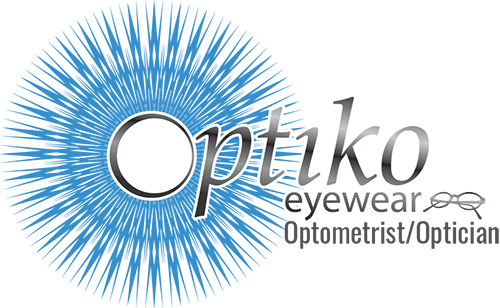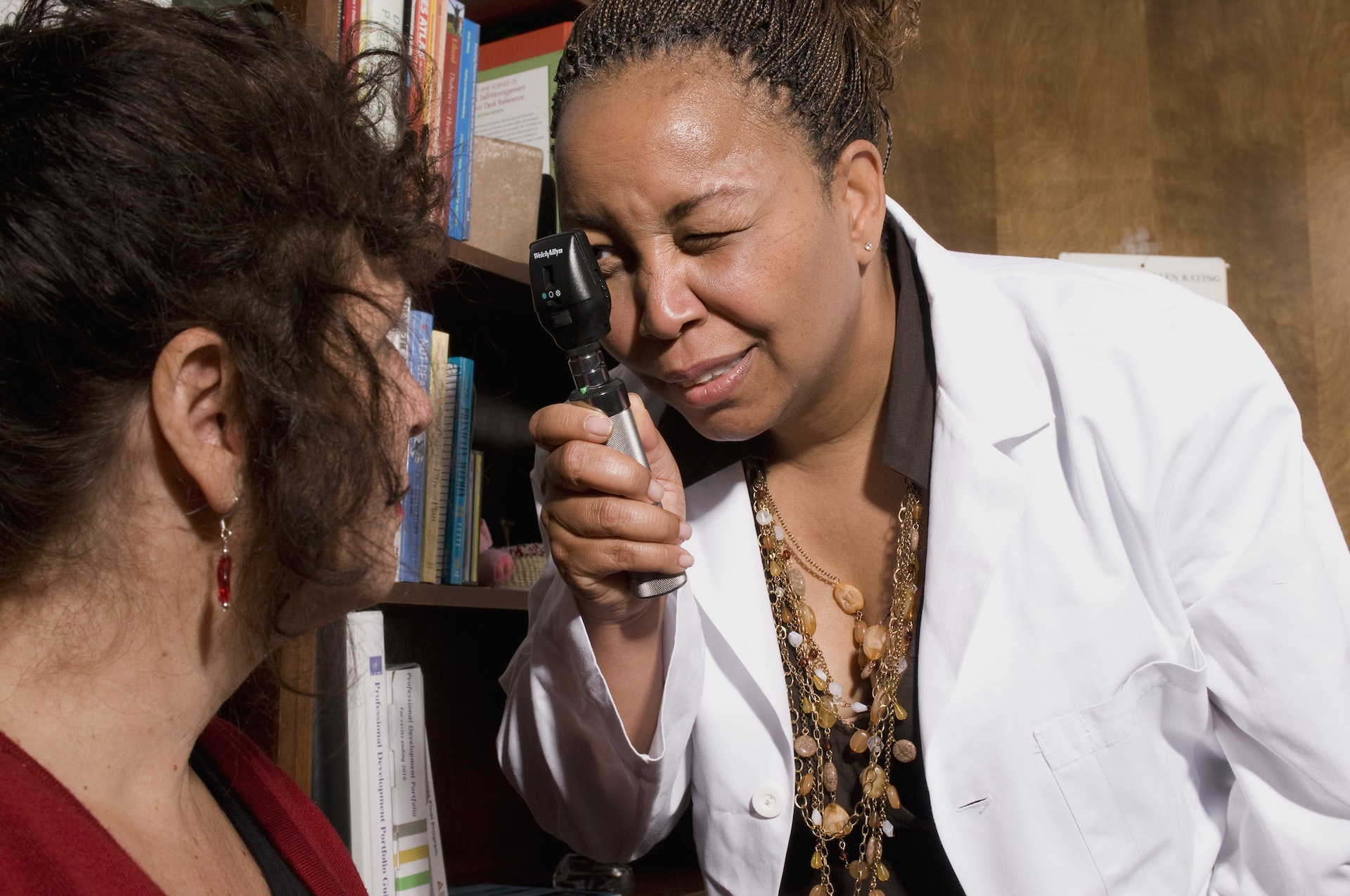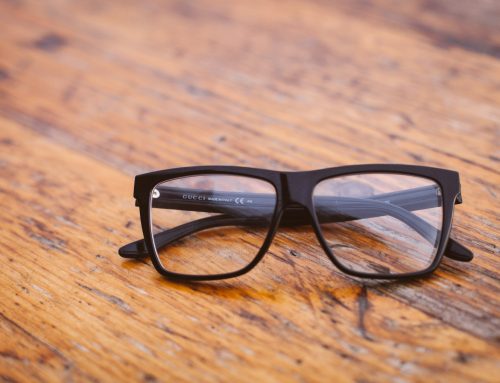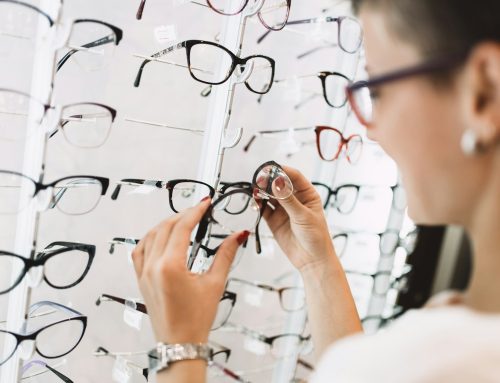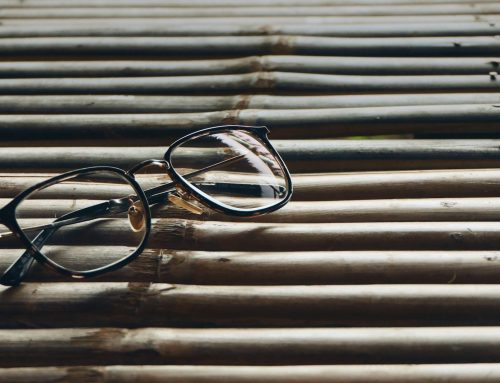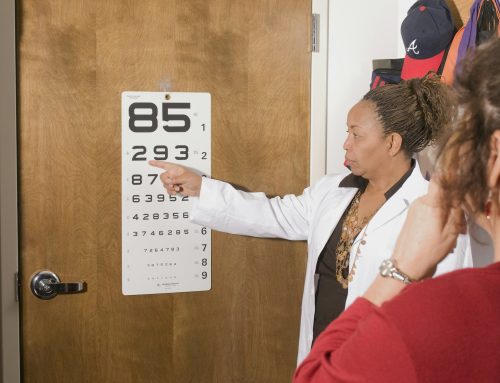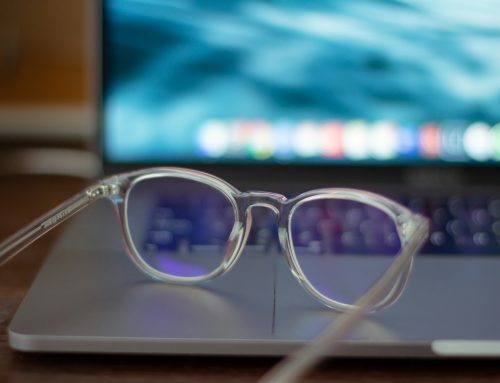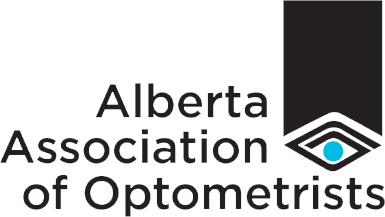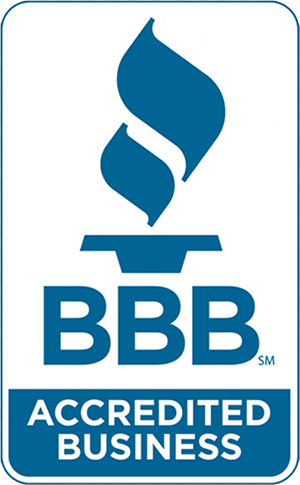You can never tell when your eyesight will begin to fail. You may start to notice that things look blurry or distorted, or you may feel like the world around you is moving too fast.
It may seem easy to ignore, but if you don’t get your eyes checked, the problem will only worsen. The best way to ensure you can see is by getting regular eye exams.
This article will examine the recommended frequency of eye check-ups and what to expect during an exam.
How Often Should I See an Eye Doctor?
The recommended frequency of eye check-ups depends on your age.
- Adults 18-64: Every two years
- Risk Factors: More frequent check-ups are needed if you have diabetes, high blood pressure, or high cholesterol and if you smoke or have a family history of glaucoma (a type of optic nerve damage). If you have any of these risk factors and are at least 40 years old, see an optometrist every year instead of every two years.
- Over 65: Annually
Benefits of Regular Eye Check-ups
Regular eye check-ups for maintaining clear vision and good overall health. A comprehensive eye exam can detect and treat a wide range of conditions that affect your eyes, such as:
- Dry eye syndrome
- Glaucoma (high pressure inside the eye)
- Macular degeneration (damage to central vision)
- Cataracts (clouding of the lens)
Other health issues detected during an eye exam include diabetes, high blood pressure, heart disease or stroke risk factors like cholesterol levels and smoking status. An optometrist will also monitor your eyes over time to identify any changes in your vision before they become more serious problems.
What to Expect at an Eye Exam
You may wonder what to expect if you are going for an eye exam for the first time or haven’t been in a while. Here are some things you can expect during a comprehensive eye exam:
- Medical History: Your optometrist will typically start by asking about your medical history, including any vision problems or eye conditions you may have experienced.
- Visual Acuity Test: This test involves reading letters on a chart from a distance to determine how well you can see. This is usually done using an eye chart.
- Refraction Test: This test determines your prescription for corrective lenses, such as glasses or contacts.
- Eye Movement Test: Your optometrist will check your eye movements to ensure they are coordinated and working properly.
- Eye Pressure Test: This test involves measuring the pressure inside your eyes, which can help detect glaucoma.
- Retinal Examination: Your optometrist will examine the back of your eye, including the retina, using a special tool called an ophthalmoscope. This can help detect eye diseases and other health problems.
- Additional Tests: Depending on your individual needs, your optometrist may perform additional tests, such as a visual field or colour vision test.
Tips for Eye Exam Preparation
Here are some tips to help you prepare for your upcoming eye exam:
- Make a List of Your Symptoms: Take note of any vision problems or eye discomfort you’ve been experiencing before your appointment.
- Bring Your Current Eyewear: If you wear glasses or contacts, be sure to bring them with you to your appointment.
- Bring a List of Medications: If you are taking any medications, bring a list with you to your appointment.
- Consider Your Schedule: Schedule your appointment when you won’t feel rushed or pressed for time.
- Dress Comfortably: Wear comfortable clothing to your appointment.
- Avoid Caffeine: Caffeine can affect your eye pressure, so avoid consuming it before your appointment.
- Bring a Friend or Family Member: Consider bringing someone with you for support if you are nervous or have concerns about your appointment.
Conclusion
You should get an eye exam at least once yearly for many reasons. Not only will it help you to maintain healthy vision, but it can also detect potential health problems before they become serious or cause damage. If you notice any changes in your eyesight or are experiencing any symptoms of eye disease, contact your doctor immediately.
Are you experiencing blurry vision or eye discomfort? Schedule your eye exam in Calgary with Optiko and discover what’s happening. We’re here to help you take care of your eyes.
